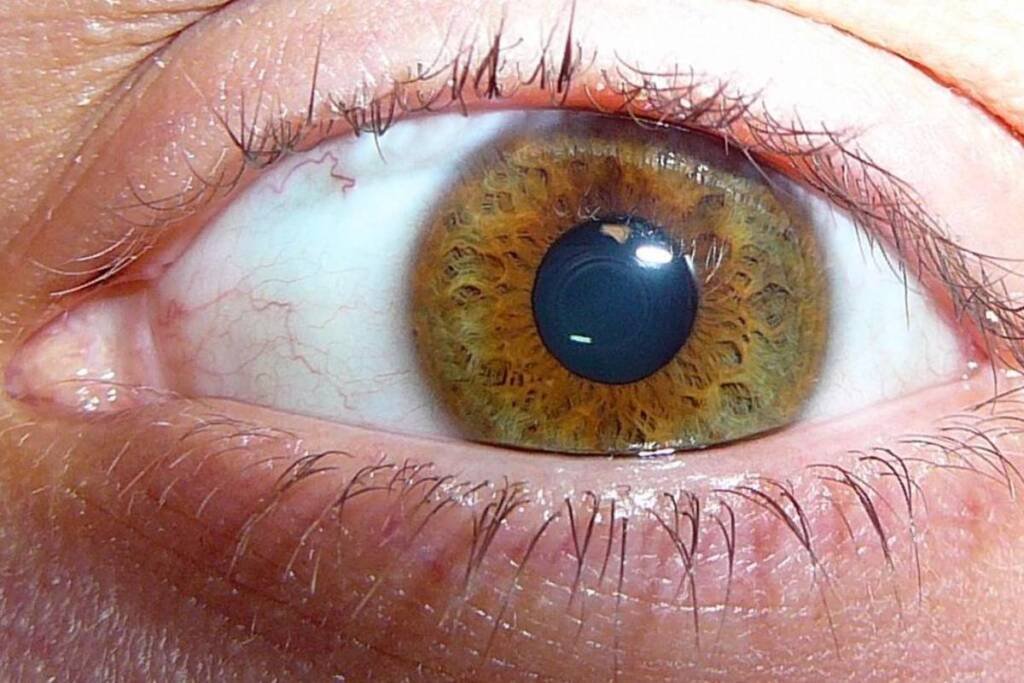Source – Foghorn Therapeutics
Foghorn Therapeutics has highlighted the safety and tolerability of FHD-286 in metastatic uveal melanoma (mUM) through a Phase I dose-escalation study.
FHD-286 is a small molecule inhibitor that targets BRG1 and BRM enzymes. In preclinical studies, FHD-286 has exhibited antitumor activity against various solid and hematologic cancers.
The study, as reported in a press release by Foghorn Therapeutics, included 73 mUM patients who received one of four continuous daily doses of FHD-286. Among them, 2 patients received a 2.5-mg dose, 12 were given 5.0 mg, 12 received 7.5 mg, 9 were administered 15.0 mg, 3 received 17.5 mg, 5 were given 20.0 mg, and 6 received 22.5 mg.
“The clinical data further support the safety and tolerability of FHD-286 and build on the previously disclosed AML/MDS data. In the study, nine patients had stable disease and one patient had a durable partial response. However, Foghorn does not plan to pursue this indication on its own. We plan to initiate dosing the FHD-286 combination study in relapsed/refractory AML during the third quarter of 2023 and continue to invest in our promising pre-clinical programs such as Selective-BRM, CBP, EP300, and ARID1B.
– Adrian Gottschalk, President and Chief Executive Officer of Foghorn
Regarding safety, FHD-286 exhibited a favorable safety profile and was well-tolerated. The most common treatment-related adverse events (TRAEs) reported during the study were dysgeusia (altered taste), fatigue, increased aspartate aminotransferase levels, nausea, vomiting, dry mouth, and rash. The most frequently occurring grade III or higher TRAEs included anemia, asthenia (weakness), increased alkaline phosphatase levels, hypokalemia (low potassium levels), muscular weakness, and rash.
The Phase I study, conducted at multiple centers, utilized a dose-escalation and dose-expansion design to assess the safety, tolerability, pharmacokinetics (PK), and early activity of FHD-286 as a single-agent therapy in mUM patients. During the dose-escalation phase, patients received increasing doses of FHD-286 orally to determine the recommended phase II dose and maximum tolerated dose. In the dose-expansion phase, investigators conducted a thorough safety evaluation and examined PK, pharmacodynamics, and efficacy.
The primary endpoints of the study focused on the incidence of treatment-emergent adverse events (TEAEs), adverse events (AEs), serious AEs, and dose-limiting toxicities. Secondary endpoints included objective response rate, duration of response, time to progression, progression-free survival, overall survival, PK parameters, and plasma concentration-time profiles.
The study aimed to enroll approximately 100 patients with mUM from sites in the United States, France, and the Netherlands. 125 patients have already been enrolled, and recruitment is ongoing.
To be eligible for the study, patients must be 18 years or older with histologically or cytologically confirmed metastatic uveal melanoma. They should have measurable disease according to RECIST v1.1 criteria and an Eastern Cooperative Oncology Group (ECOG) performance status of 2 or lower. Patients are required to provide new tumor tissue for biopsy at baseline and during treatment.





























